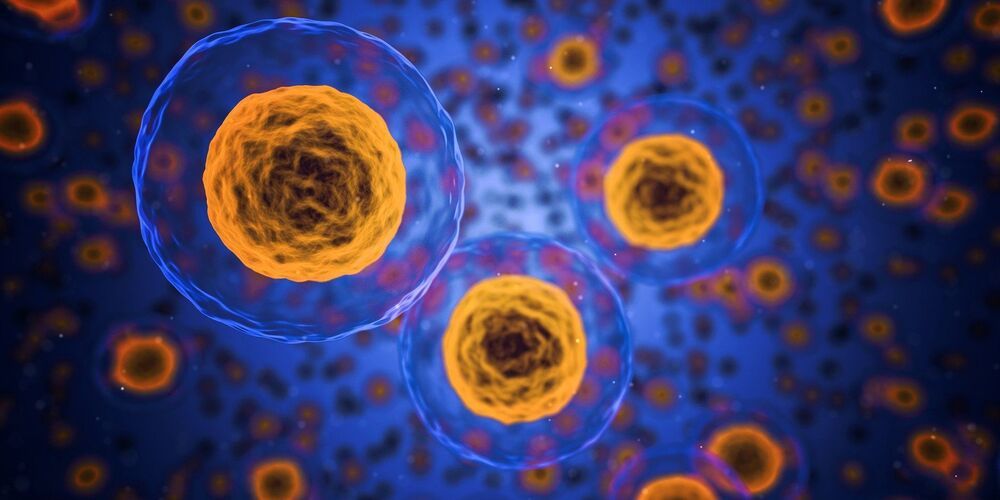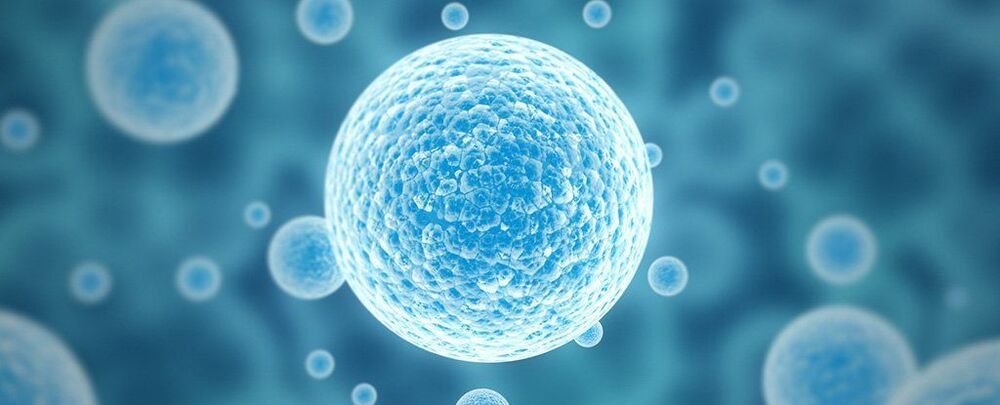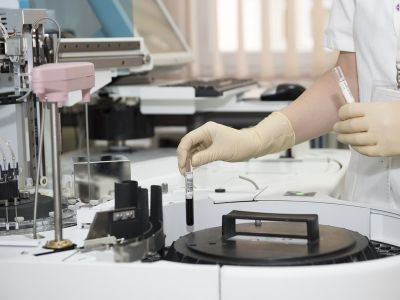Not sure how interesting this will be to people who know a lot on aging/longevity research.
A team of researchers at Brigham and Women’s Hospital and Harvard Medical School have found evidence of mouse and human germline cells resetting their biological age. In their paper published in the journal Science Advances, the group describes their study of the aging process in germline cells and what they found by doing so.
As animals grow older, all of the cells in their body replicate themselves repeatedly. As the process continues, errors in replicating and other external factors (such as exposure to pollutants) lead to gradual decay in cell quality, which is all part of the natural aging process. In this new effort, the researchers have found evidence showing that germline cells have a mechanism for resetting this process, allowing offspring to reset their aging clocks.
Germline cells pass on genetic material from parent to offspring during the reproductive process. For many years, scientists have wondered why these cells do not inherit the age of their parents. And for many years, they assumed that the cells were ageless, but recent work has shown that they do, in fact, age. So that raised the question of how offspring are able to begin their lives with fresh cells.






